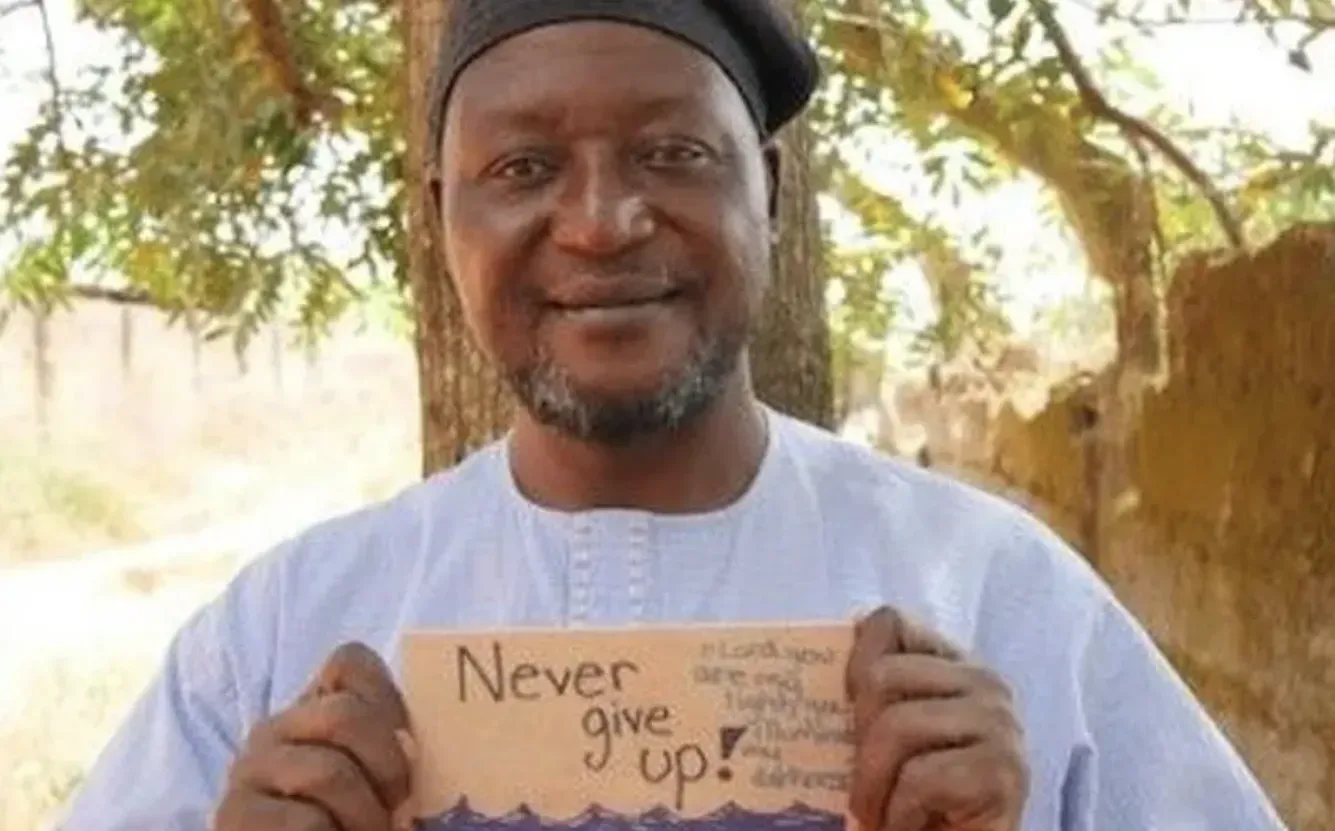Reporters such as Binniyat are challenging the government’s dominant narrative, Destro said.
“In Nigeria, the official ‘narrative’ is that the massacres of Christians in their homes and churches are the result of ‘clashes’ between peaceful cattle-herders who have been displaced from their traditional grazing lands by climate change, and farmers who object to their farms, villages, and towns being overrun by cattle,” Destro said.
“The reality is that Christians and other religious groups are attacked, without provocation or warning, by armed militants who kidnap, rape, plunder and kill. By calling these attacks clashes caused by climate change, the government simultaneously blames the victims, absolves the attackers, and has an internationally recognized excuse for doing nothing,” Destro added.
The Nigerian government, he said, rather than simply not protecting Christians, seems to be aiding and abetting the Muslim militant groups attacking them.
“Even a little digging into the facts on the ground shows that the government doesn’t simply turn a blind eye to the violence, it actively favors the attackers, many of whom are from favored religious (Muslim) and ethnic groups (Fulani),” Destro told CNA.
(Story continues below)
“When viewed from an ethnic and religious perspective, those murderous rampages through the countryside begin to look a lot like more like an organized land-grab which is designed to push local ethnic and religious groups off their land so that the invaders can control both the land itself and the resources it contains,” Destro added.
“Nigeria’s official narrative – which is parroted by gullible foreign governments like the United States, the UK, and the EU, is that there is nothing to see here but peaceful herders and farmers who are clashing because of climate change,” Destro wrote.
Binniyat and other members of the press need to be able to ask “who is supporting, financing, and protecting these criminals?” he said.
Journalist fears for his life
Speaking to the press in August after his trial was stayed until Sept. 6, Binniyat said he feared for his life.
“I am clearly a marked man, by the implication of my trial and I want the Kaduna state government to be held responsible should any harm come to me,” Binniyat said.
Human rights lawyer and Hudson Institute scholar Nina Shea says Binniyat’s arrest reveals the dire state of affairs in Nigeria.
“Kaduna’s Governor [Nasir El Rufai] has abjectly failed in his primary responsibility to protect every citizen in his state, and consequently we are now seeing a complete breakdown in the rule of law there,” Shea told CNA.
“Instead, he presides over a situation where journalists, like Luca, reporting on lethal violence, are themselves threatened and dragged into court under a cyberstalking law wielded as a weapon by a state official who claims to feel threatened by the news report. Meanwhile, President Buhari stands idly by as large regions of what should be Africa’s most important country are taken over by terrorists, jihadists, and criminals,” she said.








